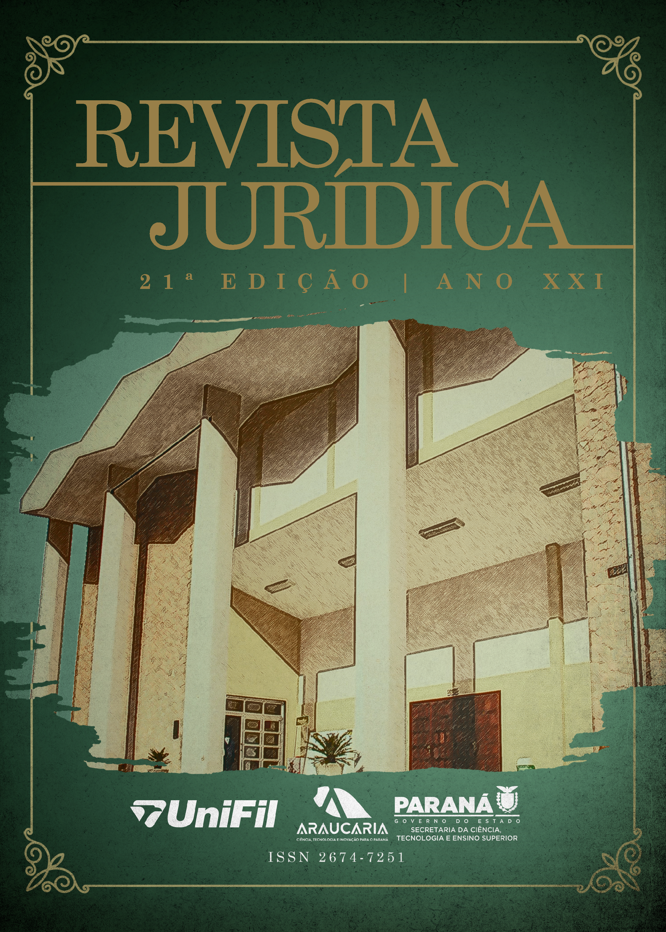O silêncio seletivo como um dos meios de concretização da ampla defesa: uma análise à luz do Superior Tribunal de Justiça
Resumo
O direito ao contraditório e ampla defesa vêm disposto na Constituição Federal brasileira. Assim, surge como meio de defesa a possibilidade do silêncio seletivo reconhecido pelo Superior Tribunal de Justiça. Desta forma, o presente trabalho tem por finalidade realizar o estudo sobre o contraditório e ampla defesa no ordenamento jurídico brasileiro. Como objetivo geral, será realizado uma breve análise sobre o histórico do direito de defesa, passando momentaneamente por regimes ditatoriais e sistemas processuais penais e como objetivo específico será analisado o papel do silêncio seletivo à luz da jurisprudência do Superior Tribunal de Justiça. Nesse sentido, a metodologia adotada abordará a revisão bibliográfica sistematizada, utilizando-se doutrinas especializadas sobre o tema, artigos jurídicos e julgados do Superior Tribunal de Justiça, concluindo-se que o silêncio seletivo se torna uma extensão do direito ao silêncio disposto na Carta Política, em seu inciso LXIII, não sendo contrário ao ordenamento jurídico pátrio.






